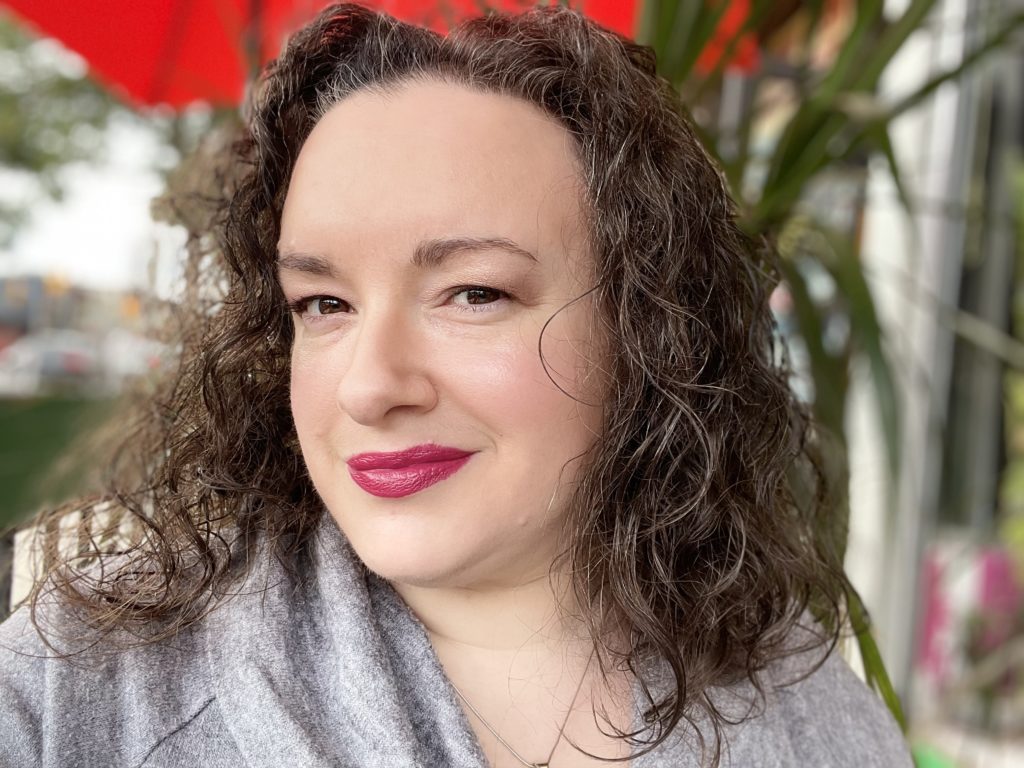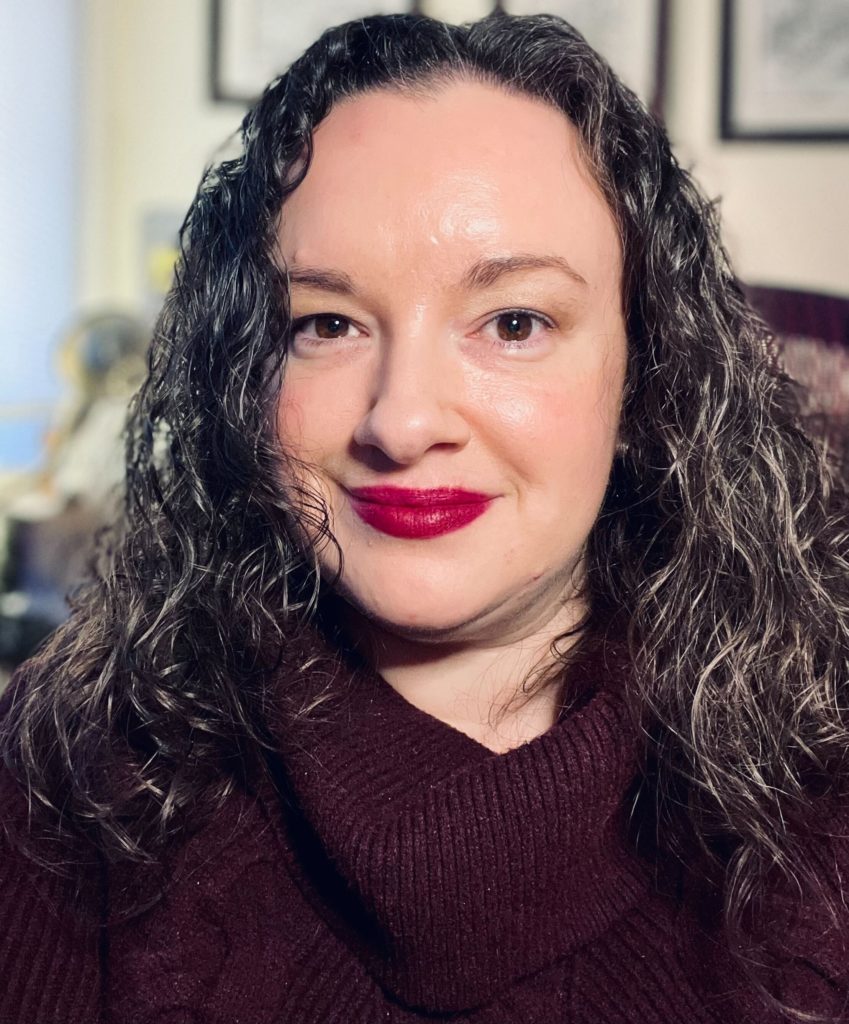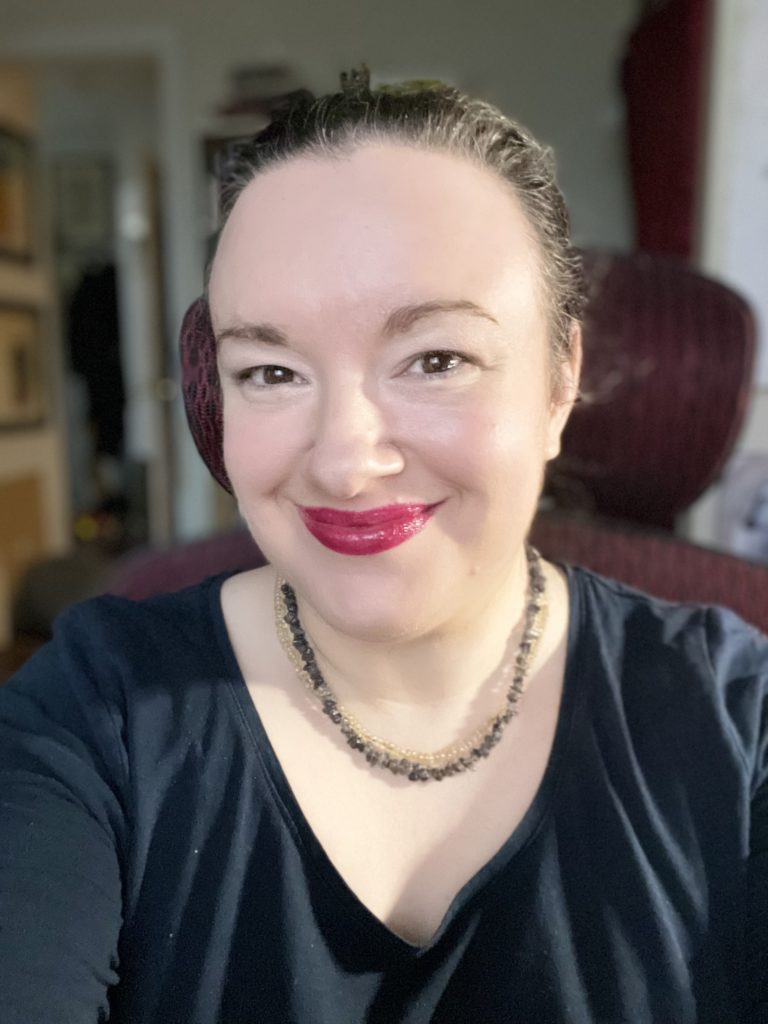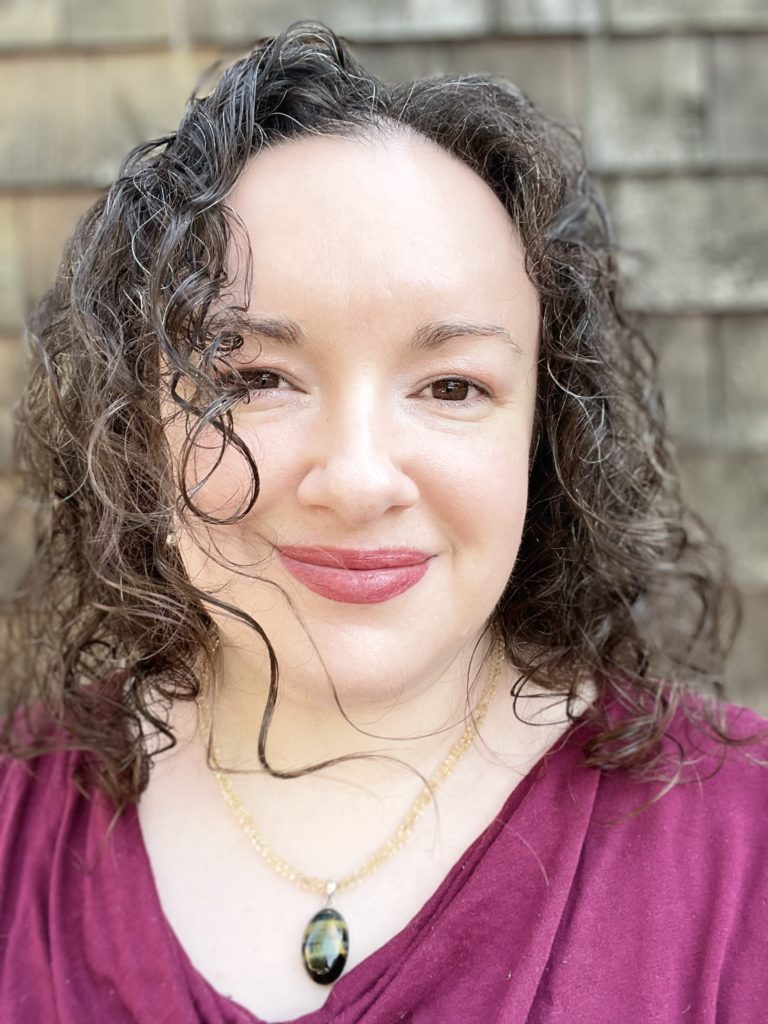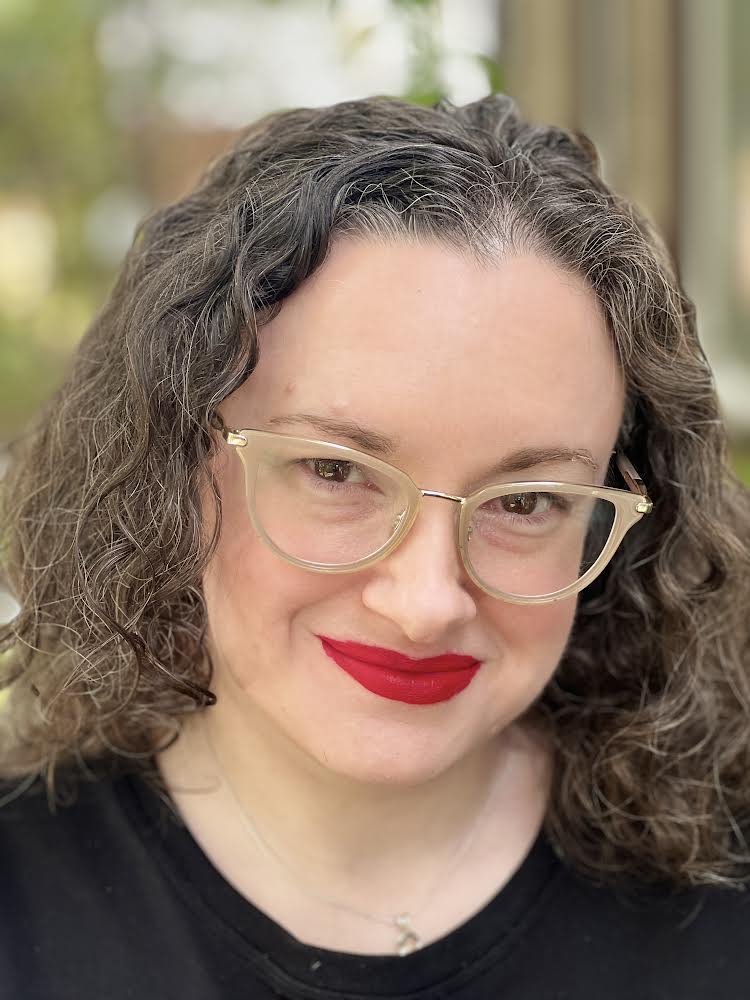FULL BIO
Madeline Ashby graduated from the first cohort of the M.Des. in Strategic Foresight and Innovation programme at OCADU in 2011. It was her second Masters degree. (Her first, in Interdisciplinary Studies, focused on cyborg theory, fan culture, and Japanese animation!) Since 2011, she has been a freelance consulting futurist specializing in scenario development and science fiction prototypes. That same year, she sold her first novel, vN: The First Machine Dynasty, to Angry Robot Books. It is now a trilogy of novels about self-replicating humanoid robots (who eat each other alive). She is also the author of Company Town from Tor Books, a cyber-noir novel which was a finalist in the 2017 CBC Books Canada Reads competition, and a contributor to How To Future: Leading and Sense-making in an Age of Hyperchange, with Scott Smith. She is a member of the AI Policy Futures Group at the ASU Center for Science and the Imagination, and the XPRIZE Sci-Fi Advisory Council. Her work has appeared in BoingBoing, Slate, MIT Technology Review, WIRED, The Atlantic, and elsewhere.
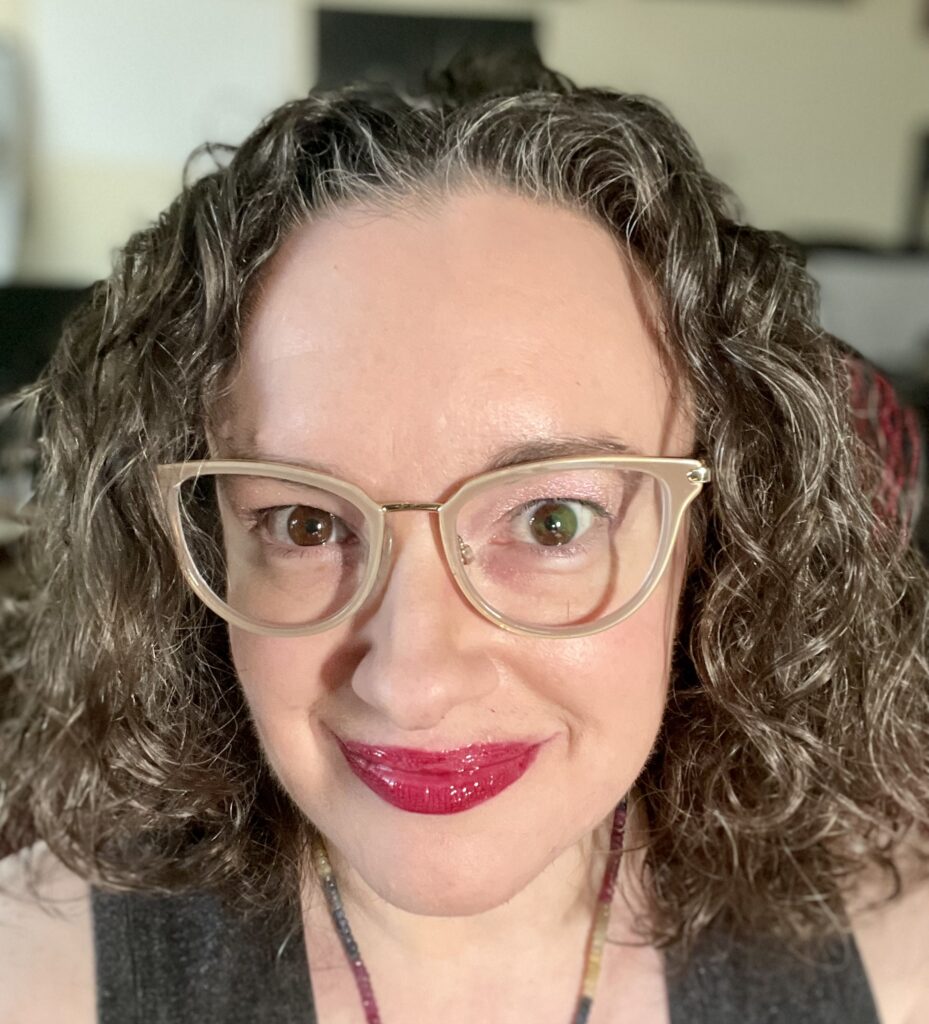
Follow Madeline on Social Media
MEDIA KIT
HEADSHOTS
Brief bio
Madeline Ashby is a consulting futurist and science fiction writer based in Toronto. She is the author of the Machine Dynasty series, Company Town, and contributor to How to Future: Leading and Sense-making in an Age of Hyperchange. She has developed science fiction prototypes for Changeist, the Institute for the Future, the Smithsonian Institution, SciFutures, Nesta, The World Health Organization, the World Bank, the Atlantic Council, and others. She is a member of the AI Policy Futures Group at the ASU Center for Science and the Imagination, and the XPRIZE Sci-Fi Advisory Council. Her work has appeared in BoingBoing, Slate, MIT Technology Review, WIRED, The Atlantic, and elsewhere.
Video Appearances
Audio Appearances
FAQ
A: I don’t predict the future. What I do is help people, organizations, teams, and others have breakthrough conversations about the futures they’d like to have. Drawing on research into signals and drivers of change in overlooked areas, I help my clients see multiple possible future scenarios and evaluate their readiness for each. Beyond that, I help my clients examine the shifting currents in their own worlds, and liberate their creativity in imagining solutions to their problems. Frequently, this means using my experience as a science fiction writer to help my clients truly “live” inside possible futures, to see them at human scale. I am frequently asked to write short stories about technologies, services, or platforms in development, or to imagine a world in which a specific trend speeds up or changes course. Sometimes this involves looking at internal data or research, and other times it involves speaking to key stakeholders, and other times it means doing my own homework and bringing a fresh perspective to a given issue. I also work in design fiction, speculative design, traditional foresight research, and workshop facilitation.
A: No. But I still think you should dump him.
A: No. Hari Seldon does quantitative work, expressing the complex and nuanced relationship between humans, trends, and inflection points as pure math. I do qualitative work, and focus on how humans actually behave and why. Speaking of unspoken drives and secrets, Asimov had a history of serial sexual assault.
A: I was always a storyteller. In kindergarten, I wanted to direct! (And I still do.) As a child, I would recite stories to myself alone in my room. I did funny voices and rehearsed the same scenes, over and over, until they sounded just right to me. After I learned how to type, I was able to do this much more quickly! In Grade 9, I wrote a short story incorporating what I’d learned during a research project for my history class, and the teacher (a Fulbright scholar committed to public education) asked me to write a new chapter of an ongoing novel featuring the material for each unit he covered in class. If I promised to finish the book and submit it for publication, he would give me an A and no other homework. Needless to say, I agreed. The book was never accepted, but the itch never left me, either. I studied History and English as a university undergrad, with departmental honors in both. When I came to Canada in 2006, I was unable to work or study, so I joined the Cecil Street Irregulars, Toronto’s oldest genre writing workshop. I spent my time there grinding, honing, and getting rejection letters. In 2007, Cory Doctorow bought my first short story. By 2009, I signed with my first agent. Since then I’ve written a few novels, a comic book, a short film, an audio drama, a regular column at the Ottawa Citizen, a number of short stories for my clients, and way too many tweets.
A: For my clients, I do bespoke stories that are tailored to their specific needs. They’ve told me that they appreciate the emotional realism of my work — how it features real-world use-cases that designers may have ignored. Otherwise, I tend to write fairly grounded near-future science fiction, with a rather sardonic edge. But my first horror story came out in 2021!
A: I do! It was extremely helpful when I worked on foresight projects as a graduate student for Corus Entertainment and the Toronto International Film Festival, and for the 2020 Media Futures, a foresight project about the possibilities for Canadian media in the twenty-first century. Now it’s really helpful in understanding online culture generally, and how communities form online. Which is to say, it’s helpful every day.
A: It’s the twenty-first century; everyone has multiple careers! If you’d like a taste of what we all do, check out How to Future: Leading and Sense-making in an Age of Hyperchange. We designed the book to be taken from the basement of a community centre to the corner office of a C-suite. It’s practical, tactical, accessible, and enjoyable. If you read the book and you’re excited by it, rather than being scared away, the field might be for you!
A: Marry a plumber. (This is a very old joke. Marry who you want, if that human right has been made available to you under your current regime.) But, my advice is this: find a community and participate in it. I did this by finding a workshop, but you might do it an entirely other way. You may have a group chat, or a Discord channel, or some other platform that inevitably goes IPO and retroactively claims the copyright on every file you’ve ever shared across it. The point is the connections you make with other people who can also see other worlds.
A: Sure. Get in touch via my contact form.
A: Legally, it’s best if you don’t. If you would like a blurb, you should contact my agent.
